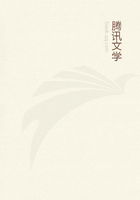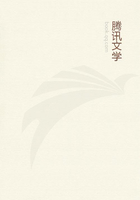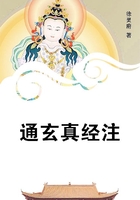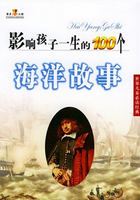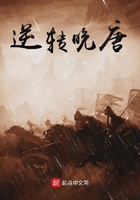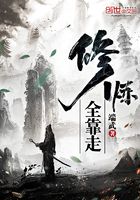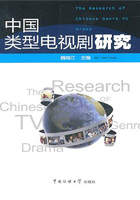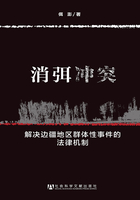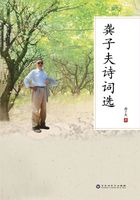"Actually we have in hand about two million poods (a pood is a little over thirty-six English pounds) of flax, and any quantity of light leather (goat, etc.), but the main districts where we have raw material for ourselves or for export are far away.Hides, for example, we have in great quantities in Siberia, in the districts of Orenburg and the Ural River and in Tashkent.I have myself made the suggestion that we should offer to sell this stuff where it is, that is to say not delivered at a seaport, and that the buyers should provide their own trains, which we should eventually buy from them with the raw material itself, so that after a certain number of journeys the trains should become ours.In the same districts we have any quantity of wool, and in some of these districts corn.We cannot, in the present condition of our transport, even get this corn for ourselves.In the same way we have great quantities of rice in Turkestan, and actually are being offered rice from Sweden, because we cannot transport our own.Then we have over a million poods of copper, ready for export on the same conditions.But it is clear that if the Western countries are unable to help in the transport, they cannot expect to get raw materials from us."I asked about platinum.He laughed.
"That is a different matter.In platinum we have a world monopoly, and can consequently afford to wait.Diamonds and gold, they can have as much as they want ofsuch rubbish; but platinum is different, and we are in no hurry to part with it.But diamonds and gold ornaments, the jewelry of the Tsars, we are ready to give to any king in Europe who fancies them, if he can give us some less ornamental but more useful locomotives instead."I asked if Kolchak had damaged the platinum mines.He replied, "Not at all.On the contrary, he was promising platinum to everybody who wanted it, and he set the mines going, so we arrived to find them in good condition, with a considerable yield of platinum ready for use."(I am inclined to think that in spite of Rykov's rather intransigent attitude on the question, the Russians would none the less be willing to export platinum, if only on account of the fact in comparison with its great value it requires little transport, and so would make possible for them an immediate bargain with some of the machinery they most urgently need.)Finally we talked of the growing importance of the Council of Public Economy.Rykov was of opinion that it would eventually become the centre of the whole State organism, "it and Trades Unions organizing the actual producers in each branch.""Then you think that as your further plans develop, with the creation of more and more industrial centres, with special productive populations concentrated round them, theCouncils of the Trades Unions will tend to become identical with the Soviets elected in the same districts by the same industrial units?""Precisely," said Rykov, "and in that way the Soviets, useful during the period of transition as an instrument of struggle and dictatorship, will be merged with the Unions." (Oneimportant factor, as Lenin pointed out when considering the same question, is here left out of count, namely the political development of the enormous agricultural as opposed to industrial population.)"But if this merging of political Soviets with productive Unions occurs, the questions that concern people will cease to be political questions, but will be purely questions of economics.""Certainly.And we shall see the disappearance of political parties.That process is already apparent.In the present huge Trade Union Conference there are only sixty Mensheviks.The Communists areswallowing one party after another.Those who were not drawn over to us during the period of struggle are now joining us during the process of construction, and we find that our differences now are not political at all, but concerned only with the practical details of construction." He illustrated this by pointing out the present constitution of the Supreme Council of Public Economy.There are under it fifty-three Departments or Centres (Textile, Soap, Wool, Timber, Flax, etc.), each controlled by a "College" of three or more persons.There are 232 members of these Colleges or Boards in all, and of them 83 are workmen, 79 are engineers, 1 was an ex-director, 50 were from the clerical staff, and 19 unclassified.Politically 115 were Communists, 105 were "non-party," and 12 were of non-Communist parties.He continued, "Further, in swallowing the other parties, the Communists themselves will cease to exist as a political party.Think only that youths coming to their manhood during this year in Russia and in the future will not be able to confirm from their own experience the reasoning of Karl Marx, because they will have had no experience of a capitalist country.What can they make of the class struggle? The class struggle here is already over, and the distinctions of class have already gone altogether.In the old days, members of our party were men who had read, or tried to read, Marx's "Capital," who knew the "Communist Manifesto" by heart, and were occupied in continual criticism of the basis of capitalist society.Look at the newmembers of our party.Marx is quite unnecessary to them.They join us, not for struggle in the interests of an oppressed class, but simply because they understand our aims in constructive work.And, as this process continues, we old social democrats shall disappear, and our places will be filled by people of entirely different character grown up under entirely new conditions."

